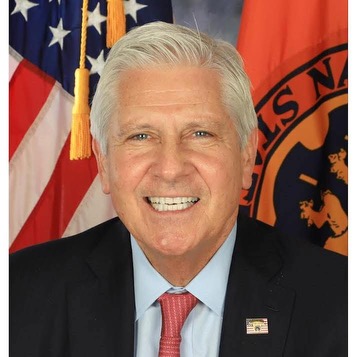Remittance is far from being anything new to the experiences of thousands of immigrants in the United States. What is new is that it has reached significant proportions in relation to a time when sending these remittances were done by mailing them at the regular post office. What are some of the contributing factors for this change, technology and high tech electronics, in addition, to a law passed in the US Congress in 1978? None of these factors were recently implemented. These are developments which favor more speed, transparency and expediency and this give way for surmountable amount of remittances to leave the United States daily? Every country might have had someone one who sent these funds at one time or another to their respective destinations outside the United States for varying reasons. Remittances are now a part of the Gross Domestic Product (GDP) for some Caribbean countries and Latin American as well. A possible tax increase in the sending of these remittances will have an impact on these nations that are largely dependent on them.
The draft bill for a two percent increase on remittance for at least 42 countries in the Caribbean and Latin America most of which are considered allies to the United States stand a chance to be affected if the bill is implemented. The proposed legislation labeled, The Border Wall Funding Act of 2017 is intended to amend the current US Electronic Fund Transfer Act. The bill was proposed by US Congressman Mike Rogers, from the 3rd District in Alabama. The Caribbean and Latin America are targeted because there is an increase in remittances leaving the United States and going to most of the 42 countries in the Caribbean and Latin America while there is a decline on remittances going to developing countries, stated Erwin Claire, Sr., president of the Caribbean Immigrant Service.
Local non-banks, the entities which manage the money transfer on these remittances are in line to be affected also as the almost 40 percent of immigrants from these 42 countries will perhaps find other methods of sending their funds to conduct their businesses outside of the United States. Remittances amount to some $44 billion heading to the Caribbean and Latin America annually, according to Erwin Claire, Sr. “This income tax on remittance will have significant impact on these countries across the Caribbean and Mexico sending more than half of the total amount annually, it will hurt,” Claire added. He also questioned the role the remittance companies will have in this, if the bill is put in place. “How will this affect their businesses,” he asked.
Some members of the public who are regular senders of remittances expressed concerns over the proposed tax increase and stated their resentments but see no alternative if the bill becomes a law. At one remittance company in Brooklyn, views were personal for most of these senders on site, “It is bias and discriminatory, it makes it so much harder,” Veronica Palmer said. Natasha, a regular sender, had her take, “It is already hard on us. But what can we do?” While for Milton McKenzie who was in the middle of sending his money for his two daughters who are attending high school in one of the Caribbean islands, said he sees no way out. “You have to do what you have to do. I have no choice. I have to take care of my daughters,” he said.
If this proposed bill comes into effect, remittance fee will be submitted to the US Treasury Department to be expended for the purpose of building a wall along the Mexican border.
























